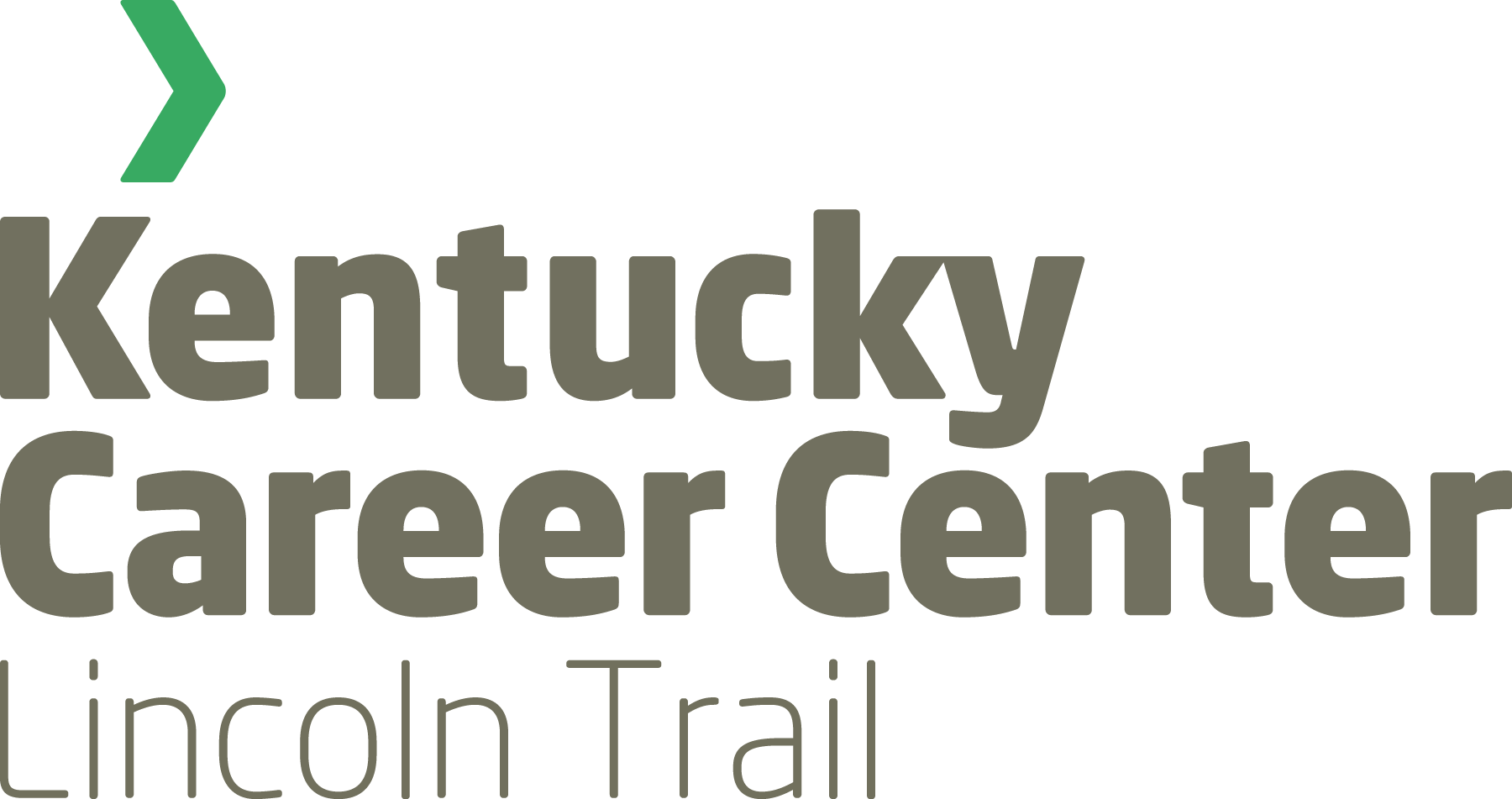Cliff Effect
The Task Force members are well acquainted with the “Cliff Effect,” — shorthand to describe the problem that results when workers increase hours or earn higher wages but can’t immediately access wages sufficient to replace their public benefits, yielding a net loss in family resources.
Here are some efforts from other parts of the country to address this pervasive impediment to workforce development:
In Colorado, legislators passed the Child Care Assistance Cliff Effect Pilot Program in 2012, and revised it in 2016. The goal was to turn the “cliff” into a “slope,” enabling workers to taper off of benefits rather than facing a sudden and dramatic change. This project is currently under evaluation to determine if it is succeeding in keeping more workers in the workforce and seeking advancement/additional hours at their jobs. Early findings from the evaluation team suggest that some workers were able to use this tapered assistance to stay attached to work for longer periods/advance in their jobs.
In Lincoln Trail, business leaders under the coordination of this committee are working together to introduce the concept of “Bridge Benefits,” seeking support from our state legislature in crafting a new set of public benefits which would encourage workers to return to work, and enable them to keep their benefits for some period of time as they acclimate to the new job and as we employers determine whether they are a good fit/can advance. To give an example of the scale of this challenge, an estimated 40% of regional workers working full-time jobs are also currently receiving some public benefits (Medicaid, etc.).
Enabling this kind of a program will help us with our 30-, 60- and 180-day retention rates if “bridge benefits” can ease the transition to work and reduce sudden family shortages of needed resources.
Contact Daniel Carney, co-chair of the Grow Business Investment subcommittee at daniel@sweda.org to learn more about how to sign onto the Committee letter supporting Bridge Benefits for Working Kentuckians!
Our Social Networks


